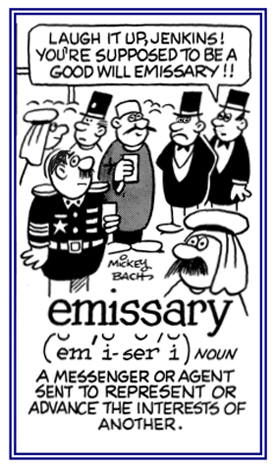-ary
(Latin: a suffix; a person who, a place where, a thing which, or pertaining to; connected with; having the character of; apparatus)
The following examples of this suffix represent a very small number of those that exist in other parts of this lexicon.
Another example of a definitionary entry is, "acupuncture is a jab well done."
2. A book which is set up for keeping a daily record, or having spaces with printed dates for certain daily memoranda and keeping notes about topics: Some diaries also include calendars that contain daily contents about matters of importance to people generally, or to members of a particular profession, occupation, or pursuit.
“In most schools, English teachers have their students learn to use a dictionary to look up unknown vocabulary words which they can use in their essays."
2. Etymology: from Latin dictio-, "the act of speaking"; and dictionarius, "a collection of words".When one word leads to another, it generally ends up in a quarrel, a speech, or a dictionary.
A dictionary is the only place where happiness can always be found.
An excellent book that can be hard to read because it changes the subject so often.
![]() Dictionary sources of information:
Dictionary sources of information:
Dictionaries and Lexicons, Part Two;
Dictionary with a Touch of Humor.
2. A publication that is always changing the subject on every page.
3. A book that is bound to be of use to everyone who needs verbal clarifications except when a definition contains another form of the same word and never explains the meanings of any of the various forms.
4. The universe arranged in alphabetical order.
2. Given according to the merits of an individual case, rather than being provided or awarded automatically.
3. Able to be used as desired without any stipulations; done or used when necessary.
2. Movies or television programs which relate the facts about actual people and events: "They watched the series of documentaries about the royal families of europe."
2. A sleep-producing medicine; a narcotic.


Go to this Word A Day Revisited Index
so you can see more of Mickey Bach's cartoons.
2. The tidal mouth of a great river, where the tide meets the current of fresh water.
3. A semi-enclosed coastal body of water that has a connection with the open sea and within which fresh water and salt water mix by means of currents and tides.
4. Etymology: from Latin aesturium, "a tide place" from aestus, "boiling heat, fire; the ebb and flow of the sea, tide"; related to aestus, "heat".
An estuary is the mouth of a river where the tide of the ocean and the current of the river meet, and the rough waters at such a point demanded a word of action. The Latin aestuarium gave us the word from aestus which meant "heat, bubbling, boiling" and so the "swelling sea".
There are those who are trying to develop the tidal energy of the estuaries; that is, water-powered turbines that spin in the current as the tides come and go, turning generators to make electricity that is lean and, they hope, reasonably priced.
Estuaries make promising locations for tidal power if the technology improves and more power can be generated in slower currents.
2. Developing in small increments that accumulate to bring about significant changes.


